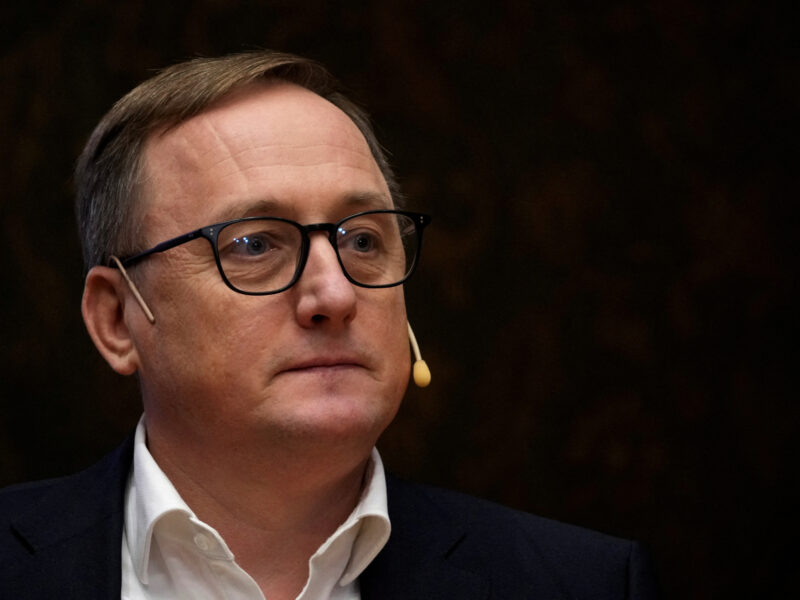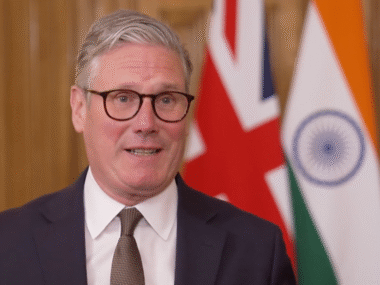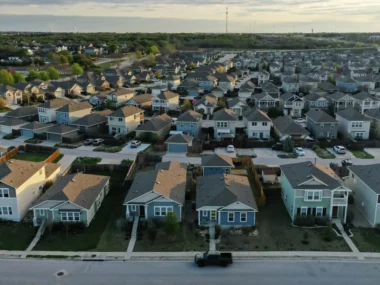RIGA, Oct 1 (Reuters) – ECB policymaker Martins Kazaks stated that there is a “clear-cut” rationale for lowering interest rates at the upcoming meeting, as the euro zone’s economy may be reaching a critical point. Following a series of disappointing inflation and growth figures, investors are anticipating a cut during the ECB’s meeting on October 17, bolstered by clearer signals from ECB officials, including President Christine Lagarde.
Kazaks, who also serves as Latvia’s central bank governor, highlighted that wage growth has declined, profit margins have diminished, and an economic recovery remains elusive in many areas of the euro zone, reinforcing the case for a rate reduction this month. He mentioned in an interview in Riga, “I fully support the market’s expectations that the October decision will be straightforward.” While he refrained from speculating on the decision, he emphasized the significant risks to growth that must be addressed.
After two years of combating high inflation, the ECB had already reduced rates in June and September, believing that inflation was finally moving towards its 2% target, with recent data indicating it was at 1.8% in September. However, growth has also weakened, especially in Germany, the euro zone’s manufacturing leader.
Kazaks expressed concern that companies in the euro zone might begin laying off workers as the recovery prospects diminish, which could create a negative cycle that further hinders growth. “If companies start to reduce their workforce, it could lead to a downward spiral,” he cautioned. He noted that even with a 25-basis-point cut, the ECB’s deposit rate, currently at 3.25%, would still be high enough to restrain economic activity, helping to mitigate inflation in the services sector. However, he indicated there was no urgency to implement larger rate cuts, as the ECB has time for further adjustments.











